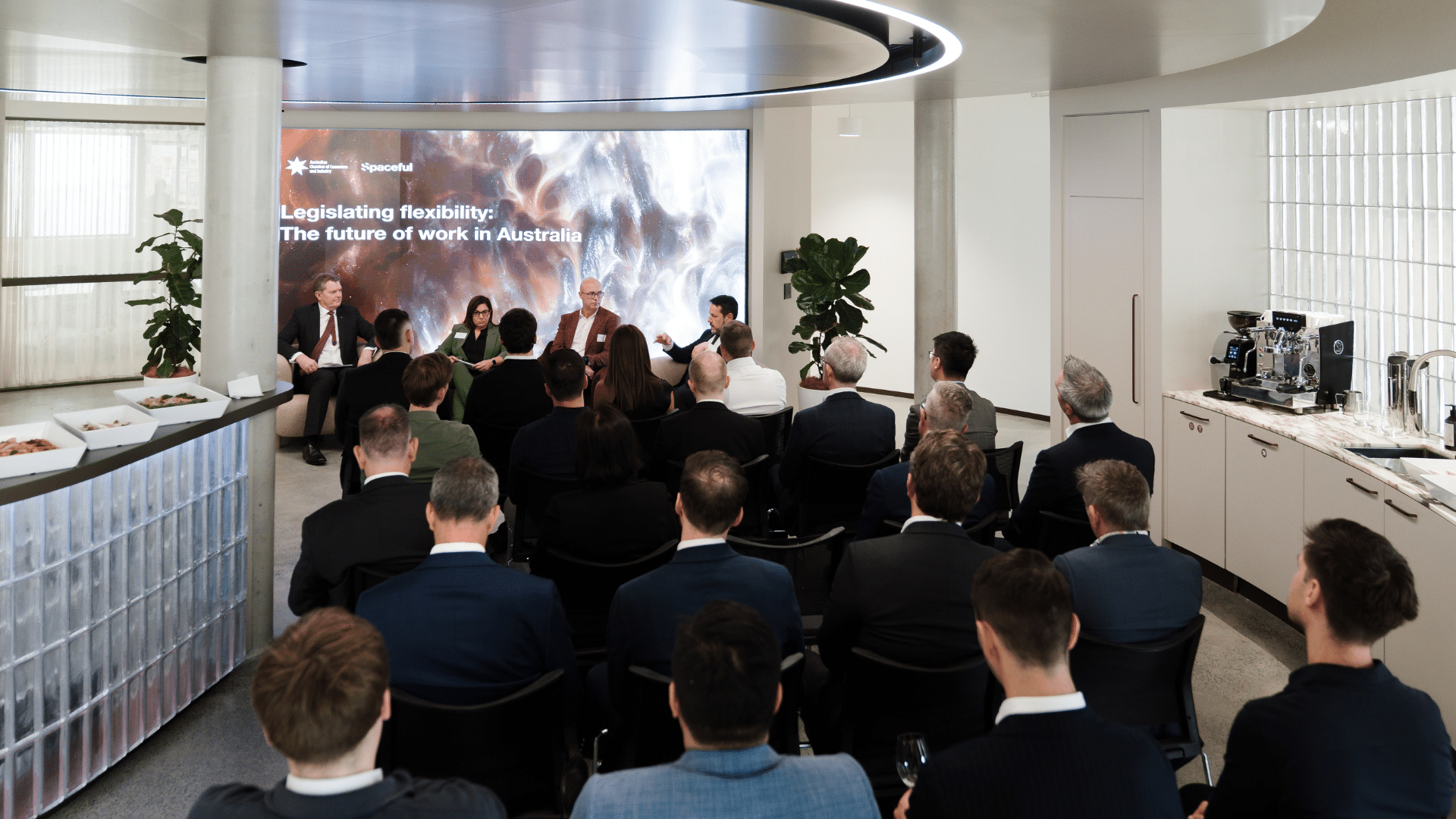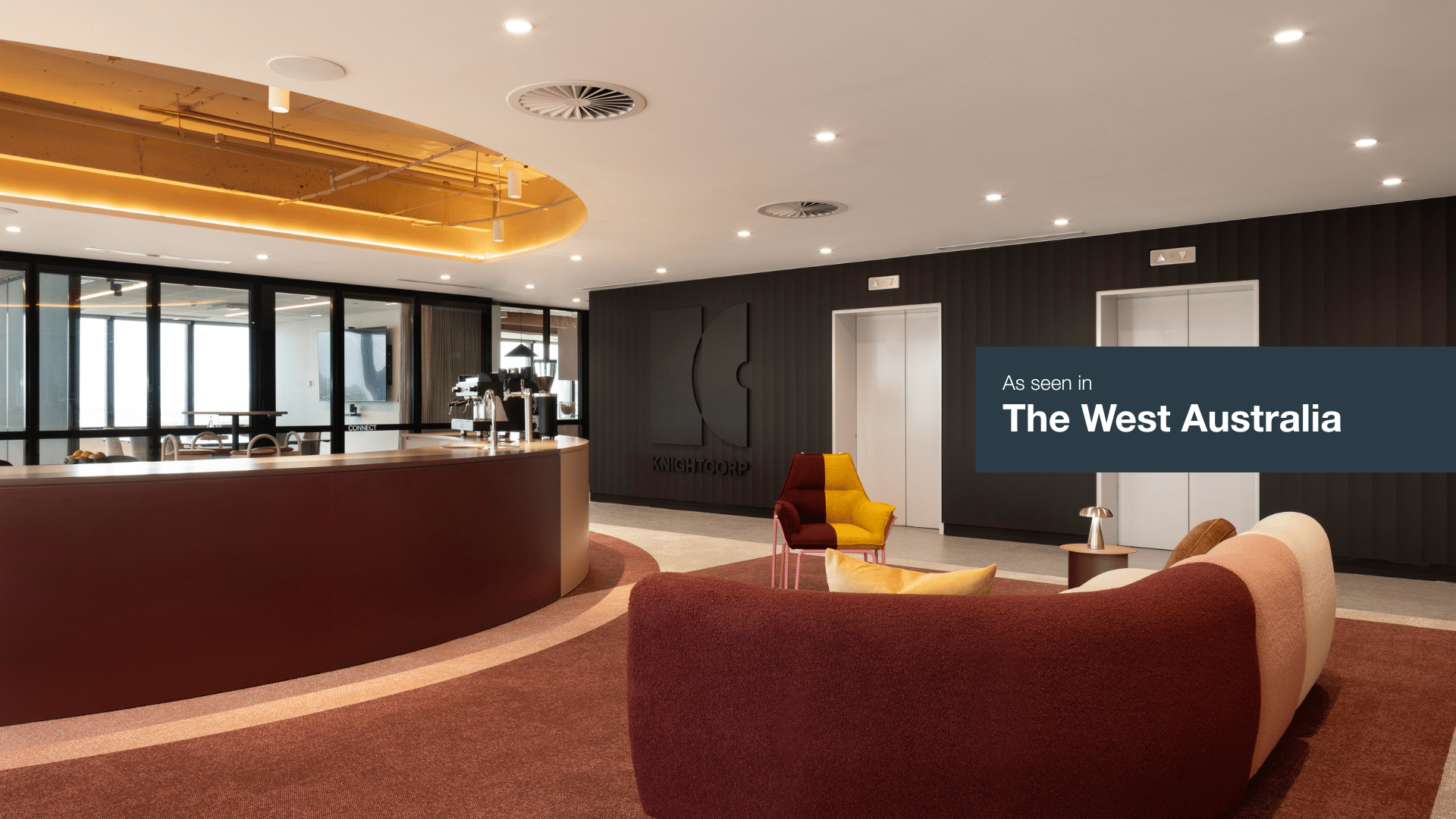
The rise of remote work has transformed the way we approach our careers but is it benefiting everyone equally?
While working from home offers many benefits, these advantages are more relevant to those whose careers were established before the shift to remote working. For Gen Z, the COVID-19 work from home mandate arrived just as many were joining the workforce, forcing them to navigate employment behind a laptop without in person connections or guidance. This shift has sparked discussion about what they might be missing by not experiencing traditional office environments.
So, whilst the decline of the daily commute has been a positive for many, there are challenges to consider for those Gen Z’s entering the workforce post-covid without ever stepping into an office.
Who is Gen Z?
Born between the mid 1990s and early 2010s, Gen Z is the first generation to grow up fully immersed in the digital age. They are digital natives, shaped by the internet and technology in ways that previous generations were not.
Gen Z craves mentorship, clear career paths, and social connections. To truly develop in their careers, they benefit from face-to-face interactions, spontaneous learning moments, and a structured environment that helps them navigate professional expectations. Most of these defining points are found in an office environment.
Learning about employed life
The office isn’t just a place to work; it’s a dynamic learning hub where young professionals absorb the unwritten rules of professional life.
For previous generations, the first years of employment were all about learning how the professional world works, developing networks, and experiencing the rhythm of office life. For Gen Z, this is something that they’ve had to try to learn remotely, building connections over Zoom and Teams. Without in-person interactions, Gen Z aren’t learning workplace norms, problem-solving techniques, or benefiting from the informal moments that help shape professional growth.
The value of social connections
Whilst working remotely can be efficient, it lacks the natural social interactions that the office environment provides.
For Gen Z especially, who often value community and teamwork, remote work can feel isolating. Being in the office makes socialisation easier, both inside and outside of work. It’s easier to grab a coffee with a colleague or do something after work when you’re already out of the house and in the office. These interactions can help build camaraderie and a sense of belonging that is much harder to build remotely.
While it’s true that many people come into the office to avoid feelings of loneliness, an equally significant number choose not to come in to escape the distractions of noise and social interaction. It’s therefore important to create a workplace with a variety of spaces that cater to everyone, including social spaces, quiet zones, and ‘alonement’ areas.
Learning through observation
Being in the office goes beyond just social connection, it’s a chance to learn by observing colleagues.
Overhearing conversations, watching how colleagues face challenges and experiencing the daily flow of work all contributes to professional growth. Watching a problem get solved in real time, rather than simply seeing the solution online is an invaluable lesson and one that’s essential for development. Remote work removes all these encounters, making it harder for Gen Z to pick up on the subtle aspects of workplace culture. For young professionals who are just starting out, these missed moments can result in slower skill development, a weaker understanding of workplace etiquette, and fewer opportunities to see best practices in action. By being in an office, employees learn a lot through observation.
Mentorship opportunities
Offices are hubs for mentorship and skill development.
Spontaneous learning opportunities and immediate feedback from colleagues are more common in person than over email or video calls. For Gen Z, who may have missed out on this experience, in-office work provides greater opportunities for direct mentorship and hands-on learning. Simply being around colleagues in the office allows employees to learn and develop skills that can help them to do their job more effectively and accelerate their careers. For many, entering the workforce is their first experience working alongside colleagues of different generations, offering a new dynamic and valuable learning opportunities.
Work-life separation
Remote work blurs the boundaries between personal and professional life.
Many Gen Z workers have never experienced the routine of leaving the office and mentally clocking off for the day. This work-life separation is crucial for long-term career sustainability, preventing burnout and ensuring a more structured approach to work and personal time.
Without the physical separation that an office provides, switching off from work can be challenging. Going into the office creates a clear separation, helping employees to establish a healthier work-life balance.
A balanced approach
For Gen Z, there is no one size fits all answer, and being in the office five days a week may not be the best solution. At Spaceful, we believe that a hybrid model, offers the best of both worlds. It allows for social connection, mentorship, and professional growth while maintaining the flexibility that remote work provides.
For Gen Z, balancing remote and in-office work can maximise career development, social engagement, and overall well-being. By spending time in the office, young professionals can gain the skills and experiences that will benefit them for years to come.


